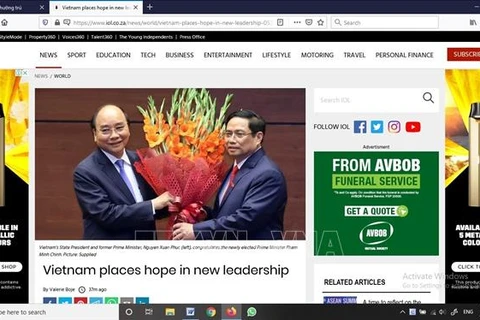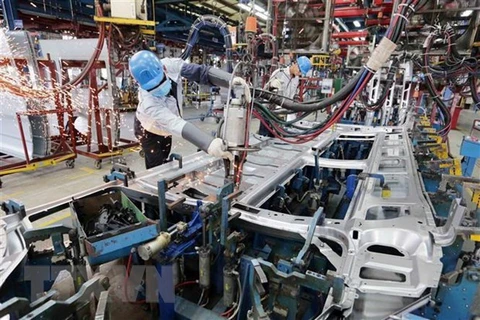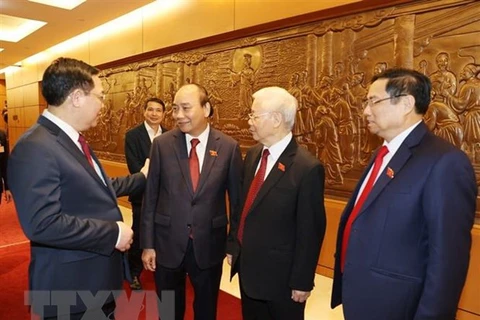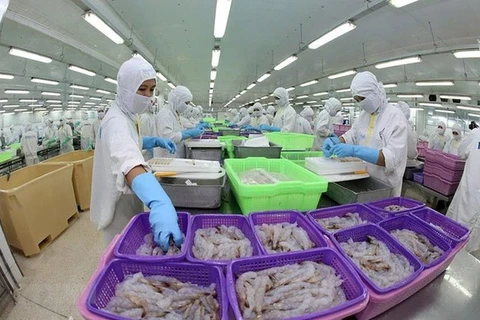Hanoi (VNA) - Vietnam is now increasingly emerging as a regional middle power, especially in the global supply chain and development of 5G technology, according to an article published by the UK’s website strifeblog.org on April 13.
The article writes that in the early 1980s, Vietnam was one of the poorest places on earth. This situation changed in 1986, when the country opened to the world and launched a set of reforms known as “Doi Moi” (renewal). These reforms quickly boosted the economy and attracted massive foreign direct investments. If a few years before Vietnam had had to import rice from abroad, by 1989 it had become the second largest rice exporter in the world.
Over recent decades, Vietnam has presented itself as a good international citizen, earning recognition and respect within the Association of Southeast Asian Nations (ASEAN). It has signed a wide array of bilateral trade agreements, while joining the WTO, the Comprehensive and Progressive Agreement for Trans-Pacific Partnership (CPTPP), and recently, the Regional Comprehensive Economic Partnership (RCEP).
In 2019, it took a mediating role in global diplomacy by hosting the second DPRK-USA summit in Hanoi, and in 2020 it assumed the ASEAN chairmanship while successfully handling the COVID-19 pandemic. Hanoi was in fact praised for giving one of the world’s best responses to the pandemic, quickly introducing a massive programme of contact tracing while mobilising the Vietnamese society in a collective fight against the virus.
These factors suggest that Vietnam is walking the path of a rising middle power, reflected in its role in the global supply chain and the realm of 5G technology.
Vietnam has many advantages thanks to its ability to offer solid infrastructure coupled with a large low-wage workforce. Nike and Samsung have been outsourcing their production to Vietnamese factories for years, and recently Apple has started to assemble its AirPod earphones on Vietnamese soil too.
According to the article, in the field of technological development, Vietnam built its own domestic infrastructure and appears ready to deploy it for commercial use by 2021. Viettel, a Vietnamese state-owned telecom company, has collaborated with Ericsson to create its own 5G technology, and plans to expand the product to Myanmar, Laos and Cambodia.
Vietnam has also provided a cheap mass access to the Internet for its citizens, while aiming to become a key player in e-commerce and online payment methods. After Ericsson, Nokia, Huawei, Samsung and ZTE, Viettel is the sixth producer in the 5G race, an impressive result for a country that 40 years ago was not able to keep up with food shortages.
The article concludes that, a latecomer to the international community, Vietnam is now increasingly emerging as a regional middle power as the country is well-integrated in the world economy and it is one of the only domestic producers of 5G technology./.
























